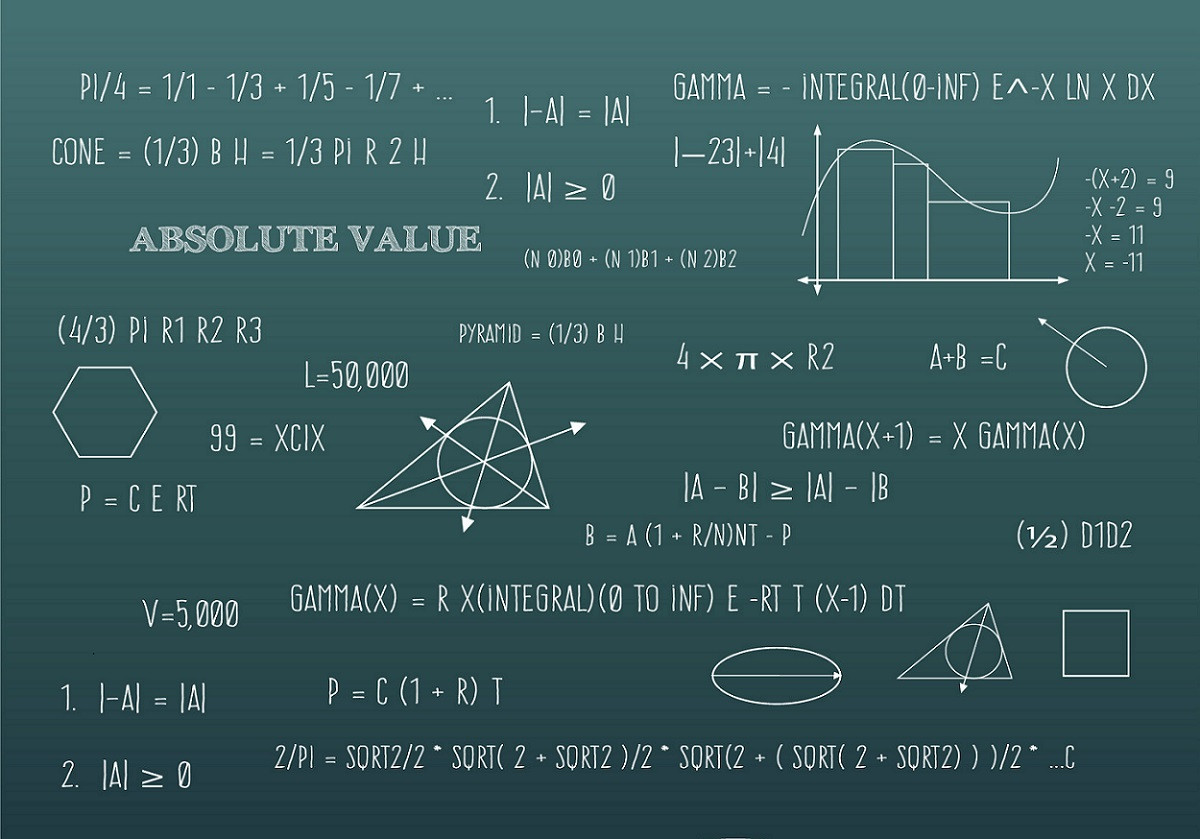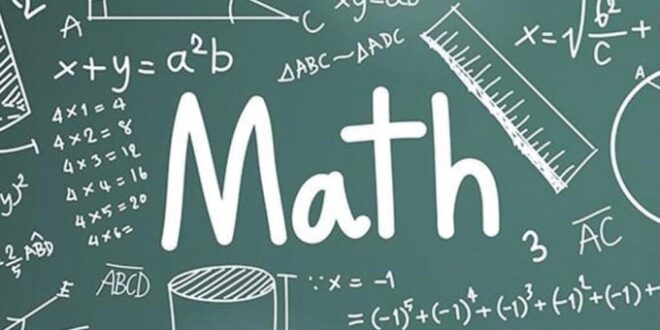Mathematical analysis is a fundamental branch of mathematics that deals with the study of limits, continuity, differentiation, integration, and infinite series. It serves as the backbone of many other mathematical disciplines and plays a crucial role in various fields such as physics, engineering, economics, and computer science.
In this article, we will delve into three key concepts of mathematical analysis that are essential for understanding the foundations of the subject. By exploring these concepts, readers will gain a deeper insight into the intricate world of mathematical analysis and its applications in the real world.
1. Understanding Limits: The Foundation of Mathematical Analysis

Understanding limits is the foundation of mathematical analysis, serving as a fundamental concept that allows mathematicians to explore the behavior of functions as they approach certain values.
By delving into the intricacies of limits, mathematicians can unlock a deeper understanding of functions and their properties, enabling them to make accurate predictions and calculations in a wide range of mathematical scenarios. In essence, limits provide a crucial framework for analyzing functions and determining how they behave in different situations, making them an essential building block for further mathematical exploration and problem-solving.
2. Exploring Continuity and Differentiability in Mathematical Functions

In mathematical analysis, exploring continuity and differentiability in functions is essential to understanding the behavior and properties of mathematical functions.
Continuity refers to the idea that a function is smooth and has no jumps or breaks in its graph. Differentiability, on the other hand, is the property of a function that allows for the calculation of the derivative at a given point.
These concepts play a crucial role in calculus and are fundamental in analyzing and solving complex mathematical problems. By delving into the intricacies of continuity and differentiability, mathematicians are able to uncover deeper insights into the nature of functions and their relationships, ultimately leading to new discoveries and advancements in the field of mathematics.
3. Mastering the Fundamentals of Integration: A Key Concept in Mathematical Analysis

Mastering the fundamentals of integration is a crucial skill in mathematical analysis, as it allows mathematicians to understand and solve complex problems with ease.
Integration is the process of finding the accumulation of quantities and can be used in various fields such as physics, engineering, and economics. By grasping the basics of integration, such as the concept of antiderivatives and Riemann sums, one can unlock the power of calculus and greatly enhance their problem-solving abilities.
Developing a strong foundation in integration will not only increase ones mathematical prowess but also open doors to advanced topics in analysis and beyond.
Conclusion
In conclusion, this article has provided a comprehensive overview of three key concepts in mathematical analysis: limits, continuity, and differentiability. Understanding these concepts is crucial for building a strong foundation in calculus and higher mathematics.
By grasping the fundamental principles of limits and their applications, students can tackle more complex problems and delve deeper into the world of mathematical analysis. To reinforce their understanding, students are encouraged to practice exercises on notable limits and apply these concepts in various mathematical scenarios. With continuous practice and dedication, mastering these concepts can pave the way for a successful journey in the field of mathematics.
 Alternative News
Alternative News




